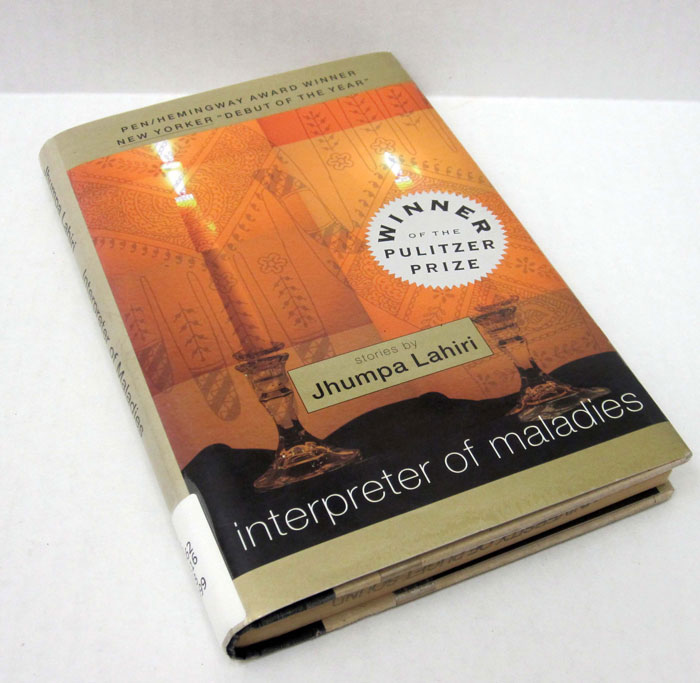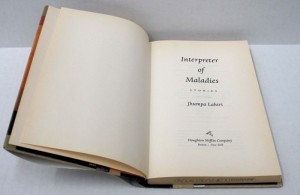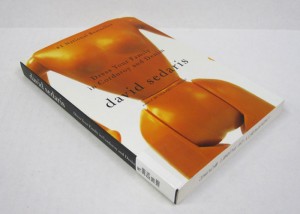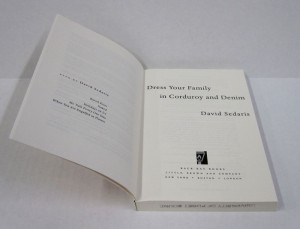1997: 哈利・波特与魔法石 / Hali Bote yu mo fa shi Harry Potter and the Philosopher’s Stone
Author/Editor: 罗琳, J.K. J.K. 罗琳著 ; 苏农译. 苏农. ; J K Rowling; Nong Su
Harry Potter and the Philosopher’s Stone, or Harry Potter and the Sorcerer’s Stone as it was published in the U.S., is the first of the seven Harry Potter novels. The Harry Potter series has been praised for getting children excited about reading at a time when television and video games dominated the entertainment industry. The depiction of a magical world that exists alongside the “Muggle”, or non-magical, world stimulated the imaginations of both children and adults alike and has created an global community of Harry Potter fans. This copy is a Chinese translation!
The influence of the Harry Potter series on literature, and the fantasy genre in particular, is incalculable. It brought fantasy fiction into the mainstream and the genre has been a growing literary field ever since.


















